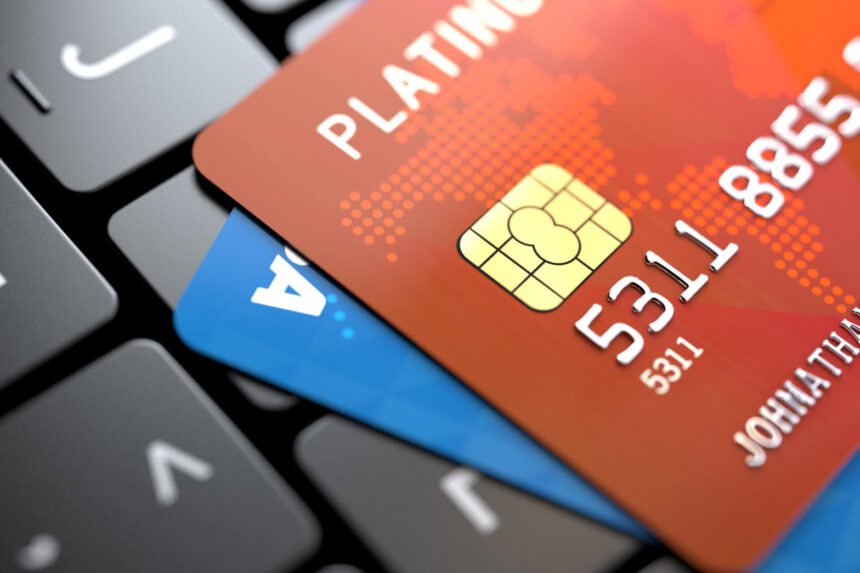What Is Credit Monitoring and How Can It Help You Improve Your Credit?
Having a good credit score is crucial in today’s financial landscape. It affects your ability to secure loans, get lower interest rates, and even rent an apartment. But how can you ensure your credit remains in good standing? This is where credit monitoring comes into play. In this article, we will explore what credit monitoring is and how it can help you improve your credit score.
1. Understanding Credit Monitoring
Credit monitoring is a service that keeps a close eye on your credit activity and alerts you to any changes or potential threats. Rather than constantly checking your credit report manually, credit monitoring services automate this process, saving you time and effort.
2. Early Detection of Unauthorized Activity
One of the primary benefits of credit monitoring is its ability to detect unauthorized activity. By regularly monitoring your credit, you can identify any unfamiliar accounts or transactions that could suggest identity theft or fraud.
3. Timely Alerts for Potential Errors
Inaccuracies in your credit report can harm your credit score. With credit monitoring, you receive timely alerts when there are potential errors such as incorrect personal information, inaccurate account balances, or missed payments. Catching and correcting these errors promptly prevents further damage to your credit.
4. Protecting Against Identity Theft
Identity theft is a major concern in the digital age. Credit monitoring acts as an additional layer of protection against this threat. If someone tries to open new accounts in your name or unauthorized inquiries are made, credit monitoring services notify you immediately, allowing you to take swift action.
5. Monitoring Your Credit Score
A credit score is a numerical representation of your creditworthiness. Consistently monitoring your credit score can help you identify which factors are positively or negatively impacting it. By understanding these factors, you can make informed decisions to improve your creditworthiness over time.
6. Tracking Credit Utilization
Credit utilization refers to the ratio of your credit card balances to your total available credit limit. High utilization can negatively impact your credit score. Credit monitoring services can help you keep track of your credit utilization and guide you on how to optimize it to improve your score.
7. Debt Monitoring and Payment Reminders
If you have multiple debts, it can be challenging to keep track of payment due dates. Credit monitoring services offer reminders and monitor your debt balances, ensuring you never miss a payment. Consistently making on-time payments is key to maintaining a good credit score.
8. Educational Resources and Financial Tips
Credit monitoring services often provide educational resources and financial tips to help you manage your credit effectively. These resources can provide valuable insights into credit building strategies, budgeting, and debt management, empowering you to make smart financial decisions.
9. Personalized Credit Improvement Recommendations
Based on your credit profile, credit monitoring services may provide personalized recommendations to help you improve your credit score. These recommendations can include actions such as paying down high balances or disputing incorrect information on your credit report.
10. Peace of Mind
Ultimately, credit monitoring services offer peace of mind by providing an active and vigilant watch over your credit. You can rest assured knowing that any suspicious activities will be promptly brought to your attention, allowing you to address them quickly and minimize any potential damage to your credit.
Disclaimer: This article contains affiliate links to a credit monitoring service. We may receive a commission if you sign up via this link.

